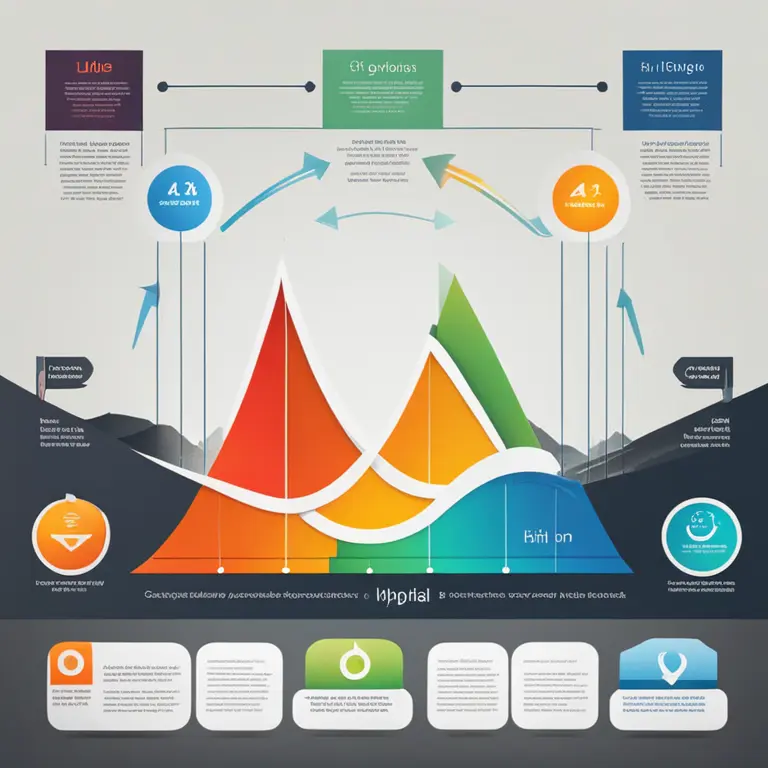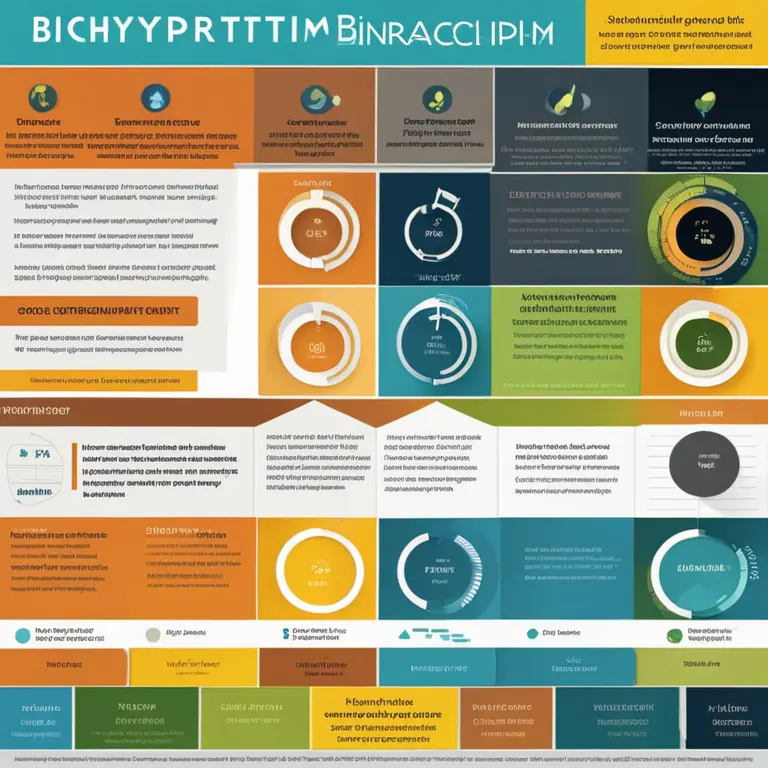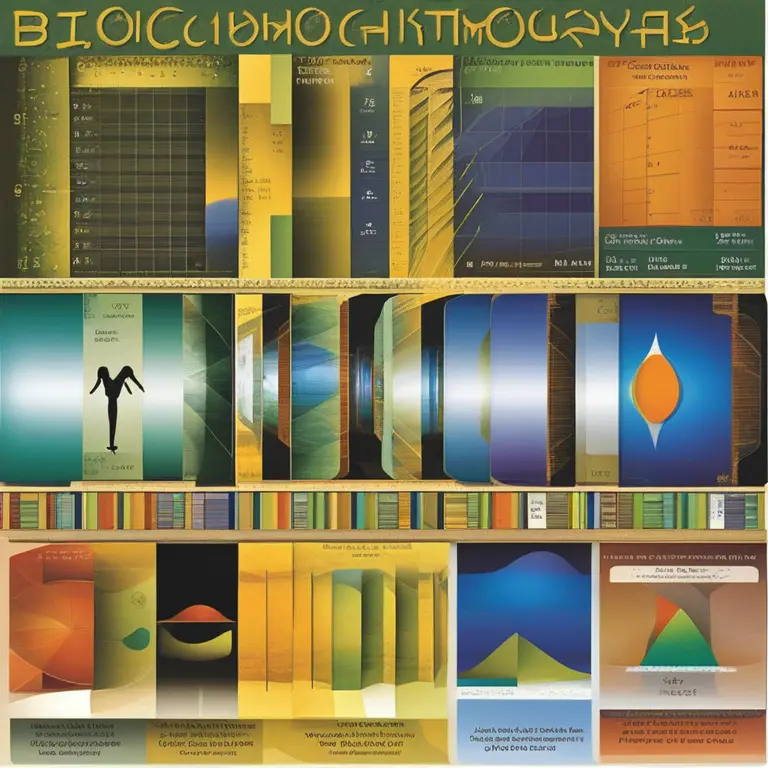
The Essence of Human Biorhythm Cycles
Explore the fascinating concept of biorhythms, understanding the rhythmic cycles that are said to govern various aspects of human life and wellbeing.
article by Adrian Wallace
Introduction to Biorhythms
Biorhythms are theoretical cycles that suggest various aspects of an individual’s life are governed by rhythmic biological patterns. The concept of biorhythms is not scientifically proven, yet it has gained traction within certain wellness and self-help circles. It posits that from the moment of birth, humans are influenced by natural cycles that affect their physical, emotional, and intellectual abilities. Understanding the very essence of biorhythm cycles could offer insights into one's personal life, helping to optimize performance and well-being according to proponents of the concept.

Core Biorhythm Cycles
There are three primary biorhythm cycles: the 23-day physical cycle, the 28-day emotional cycle, and the 33-day intellectual cycle. Each of these cycles supposedly starts from a neutral point at birth and then waxes and wanes between positive and negative phases throughout a person’s life. The physical cycle is believed to influence strength, coordination, and well-being; the emotional cycle impacts mood and creativity; and the intellectual cycle is said to affect logical thinking and alertness.

Calculating Your Biorhythms
Nowadays, various online calculators and apps promise the ability to track your biorhythms. To begin, one typically inputs their date of birth, and the tool calculates the current state of their biorhythm cycles. While these calculations are based on fixed formulas related to the cycles mentioned, it is important to remember that the scientific basis for biorhythms remains controversial and their effectiveness for predicting daily life outcomes is widely debated.

Uses of Biorhythm Cycles
Advocates for biorhythms claim that monitoring these cycles can be useful in planning activities or understanding fluctuations in performance, emotions, and thoughts. For example, it is suggested that one might avoid demanding physical tasks when their physical biorhythm is at a low point, or that they might engage in intellectual work when that respective cycle is at a high. While this can be intriguing, it is essential to approach biorhythms thoughtfully, understanding that they are not a replacement for medical or psychological advice.

Critical Perspectives on Biorhythms
The scientific community generally does not recognize biorhythms as a credible system due to a lack of empirical evidence. Critics argue that the concept is too simplistic and fails to account for the complexities of human biology and behavior. Furthermore, researchers have not found consistent, replicable links between these cycles and individual performance or health outcomes. Consequently, it’s advisable to consider biorhythms as a facet of pseudoscience or a matter of personal belief rather than a proven fact.
Integrating Biorhythms Into Daily Life
If someone chooses to explore biorhythms as part of their personal or spiritual practice, experts suggest doing so carefully and in conjunction with other well-being strategies. It’s important to maintain a holistic approach to health—addressing diet, exercise, sleep, and mental health—in addition to any interest in biorhythms. Additionally, staying informed about new research and developments is crucial for anyone following or applying biorhythm concepts beyond 2024.
Published: 1/25/2024
Modified: 1/25/2024
More predictions
Come back here soon to learn more about yourself and your future


The Basis of Biorhythms: An Insight into Biological Cycles
Delve into the concept of biorhythms, the belief in rhythmic biological processes that purportedly influence human physiology and behavior.


Biorhythm Love Compatibility: Find Your Match
Discover how a biorhythm love compatibility calculator can enhance your romantic connections by analyzing the natural cycles that influence relationships.


The Intersection of Biorhythms & Astrology Explored
Discover the link between biorhythms and astrology to gain insights into your life's patterns and potential.